In the push to enshrine an Indigenous Voice to Parliament in Australia’s Constitution, censorship is the greatest weapon – and Big Tech has received the green light to use it.
The Albanese government has confirmed that there will be no changes to how digital platforms monitor freedom of expression and ‘disinformation’ relating to the upcoming referendum on the Voice.
Already a subscriber? Log in
Subscribe for just $2 a week
Try a month of The Spectator Australia absolutely free and without commitment. Not only that but – if you choose to continue – you’ll pay just $2 a week for your first year.
- Unlimited access to spectator.com.au and app
- The weekly edition on the Spectator Australia app
- Spectator podcasts and newsletters
- Full access to spectator.co.uk
Or

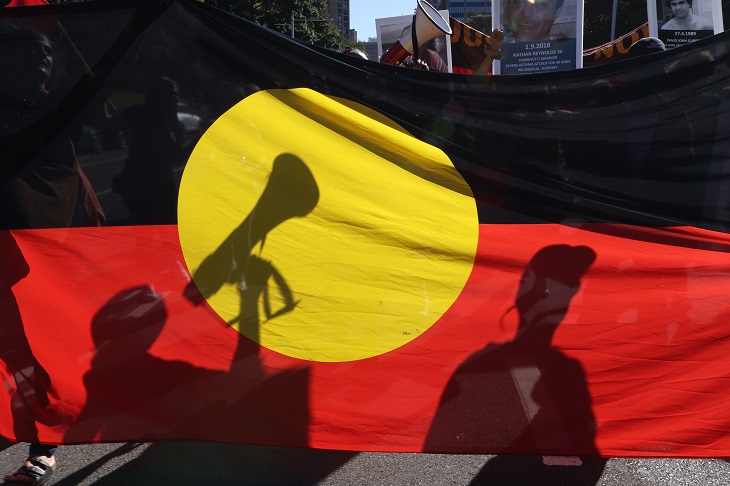

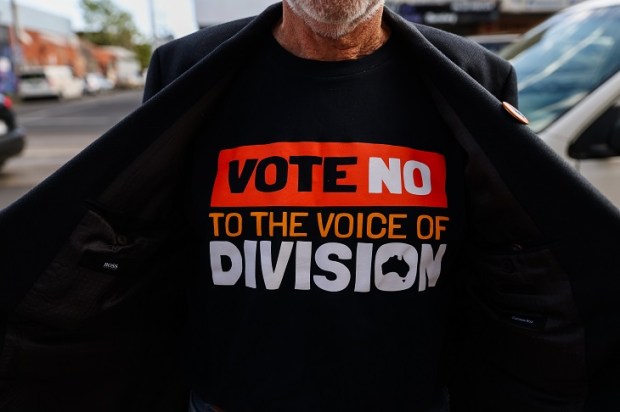
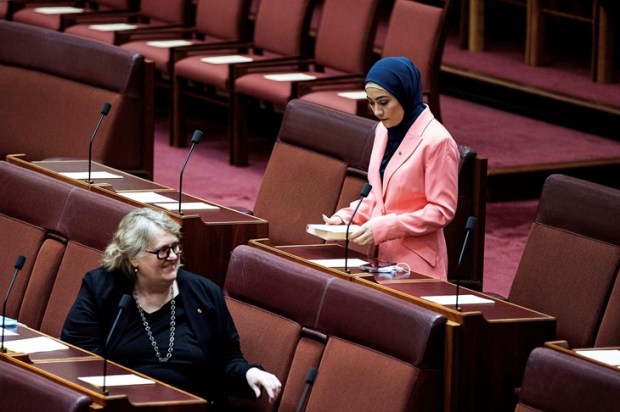
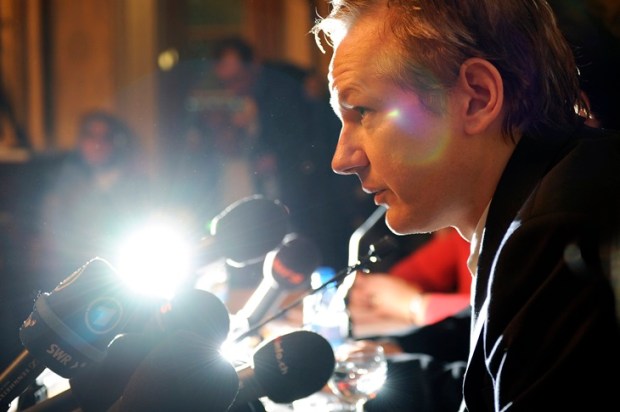
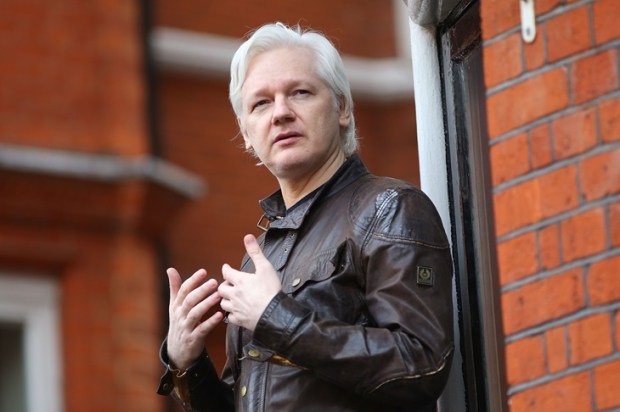
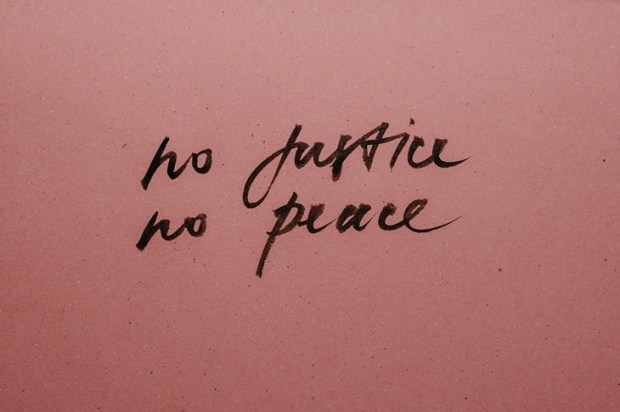


















Comments
Don't miss out
Join the conversation with other Spectator Australia readers. Subscribe to leave a comment.
SUBSCRIBEAlready a subscriber? Log in